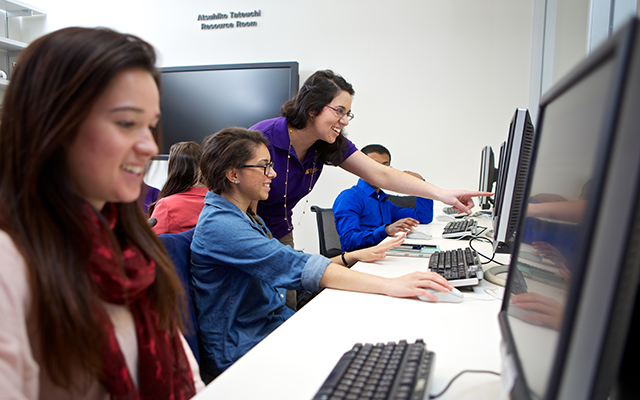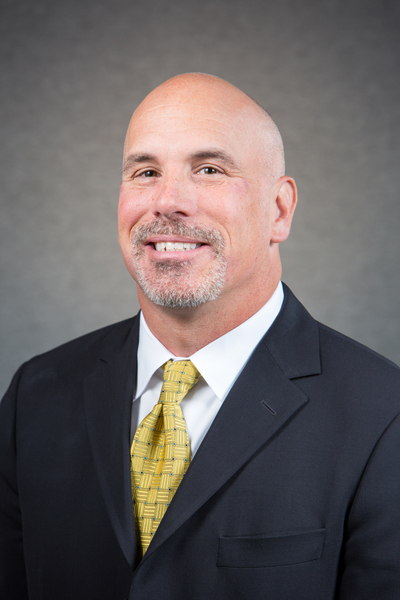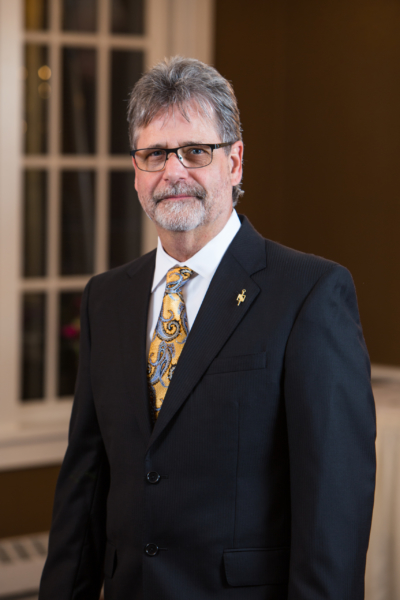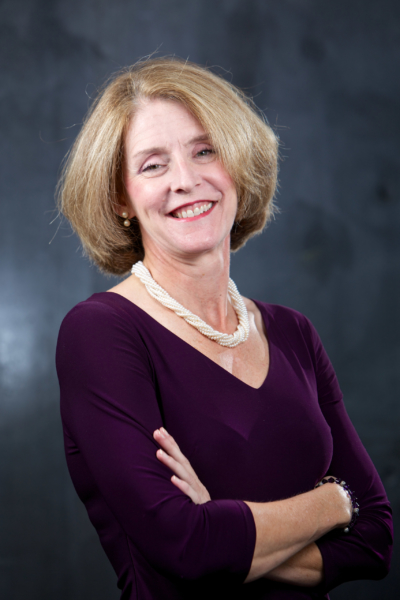
Foster Career Center
University of Washington, Foster School of Business
Amazon…Starbucks…Microsoft…Nordstrom…Paccar…Costco.
The Seattle metro is packed with Fortune 500 royalty. And that list doesn’t count being the home of household names like Safeco Insurance, Zillow, Rover, PayScale, Tableau, Zulily, and F5 Networks. In the Emerald City, innovation fills the air. After all, it was the birthplace of wireless phones, backpacks, automatic car washes and grunge music – Halo too! This mix of corporate might and startup moxie provides a wide range of opportunities for ambitious business majors.
In Puget Sound, the Foster School of Business is the big name for employers. Last year, the school placed 35 business majors in Amazon and Microsoft – and nearly 50 more in Deloitte and EY. In fact, 95% of Foster students snagged an internship last year. Despite the pandemic, 94.71% of 2020 Foster grads landed jobs too.
You can thank Foster Career Services for that. The center operates under an “early and often” philosophy, says Andy Rabitoy, Foster’s executive director for career services, in a 2019 interview with P&Q. For example, freshmen can receive career coaching as part of the center’s Freshman Direct Seminar. Rabitoy also observes that many Foster students bring a “strong technical aptitude” to class due to their parents often work in tech. As a result, he gears his programming to amplifying these strengths.
“You know, some of the things we’ve really been trying to influence in the career center is how can we bring more skill sets to the students that maybe is not going to be listed in the classrooms,” he tells P&Q. “So, let’s say they are a marketing student and they are not getting any Sequel or Tableau, is there any way for us to bring that in as a professional development workshop or something they can take, which has been helpful for our students. It’s not that they have to be experts, but increasing their awareness also increases their opportunities.
As a whole, the Foster program emphasizes a team-driven, project-oriented approach to learning business, giving students the opportunity to gain deep practical experience before heading into their careers. Such experiences are supplemented by centers catering to areas like global business, entrepreneurship, sales, and leadership – the kind of experiences that expose students to cutting edge research and partnerships with leading area firms.
“The resources and extracurricular opportunities were far more valuable than any in person class I took, in all reality (at least relative to my early professional experience),” one 2018 alumni told P&Q. “The experiential learning opportunities and autonomy to drive my college experience and career path, coupled with the resources to explore so many areas of interest were unparalleled.”
What are some other benefits to the Foster business program? Here are some thoughts from Andy Rabitoy, Executive Director of the EY Center for Career Advancement; Vikki Haag Day, Assistant Dean, and Steve Sefcik, Associate Dean.
5 QUESTIONS WITH FOSTER ADMINISTRATION

Andy Rabitoy
P&Q: Last year, you produced a 94.71% placement rate along with 95% of Foster students landing a business- related internship. What types of programming through your career services, classroom curriculum, and extracurricular activities give your students an advantage in the marketplace?
Rabitoy: “A key success in strong student outcomes is our location. The large tech sector in the Pacific Northwest fueling the relatively robust economy, creates consistent engagement and opportunities for our talented Foster students. Seattle allows us to have year-round alumni and employer activity in the classroom, workshops, and events. Because of our location, Foster students participate in part-time internships and work experiences throughout the school year, and full-time internships during the traditional summer season.”
P&Q: Foster is known for emphasizing a team-driven, project-oriented curriculum. How is that infused throughout the undergraduate coursework at Foster?
Haag Day: “How is it not? Our core classes incorporate team assignments the first quarter that students are admitted to the program, culminating with the case competition in the capstone strategy course required of all undergraduates. Our upper-division major electives not only have team assignments but also incorporate project-based learning, often drawing on Seattle-based company cases. In addition, we have classes across the curriculum dedicated to the projects sponsored by companies who call Seattle home.”

Stephan Sefcik
P&Q: What are your undergraduate business program’s two biggest strengths and how do make students better prepared for business once they graduate?
Sefcik: “When I became associate dean, I made it my mission to bring career services for Foster students internal to our program, advocating for funding from the dean that was not tied to the state budget. Nine years later we reap the benefits of this with a career center dedicated to Foster undergraduates that is part of the wrap around services provided by the undergraduate program office.
Foster is Seattle Strong. The integration of alumni and industry allow our students engage with professionals continuously throughout the year allowing students to model professionalism and build networks for the future.”
P&Q: Over the past two years, you’ve climbed from 33rd to 22nd in our newest undergraduate business ranking. What are some new and upcoming developments in your program that will enhance the business program for future business majors?
Haag Day: “For years, the Foster School has worked to recruit and retain a diverse student body, faculty, and staff by creating a culture of respect which values diversity, equity and inclusion. However, many of those efforts were siloed in their respective programs and departments. With the appointment of our Associate Dean for Inclusion and Diversity, Foster now has a cohesive direction and strong voice guiding all of our efforts. The Foster School community is leaning into Dean Frank Hodges’ mantra, “Better Together” to emphasize our strength in diversity and originality by encouraging every individual to bring their full self to all that we do for a better tomorrow.”

Vikki Haag-Day
P&Q: What is the most underrated feature of your undergraduate business program and how does it enhance the experience for your business majors?
Haag Day: “As mentioned in earlier responses, our location in a large metropolitan area, as well as the size of our alumni network in the Puget Sound, allows for outstanding collaboration opportunities. Faculty have access to industry titans – Amazon, Costco, Starbucks, Microsoft, Nordstrom – to add current and cutting-edge issues to the case study approach while drawing on corporate leaders and alumni to incorporate their voices to the classroom. Additionally, Foster undergraduates enhance their resumes through projects, internships, and work experience with these same Puget Sound companies. And the fact Seattle is an entrepreneurial incubator allows undergraduates many options.”











Questions about this article? Email us or leave a comment below.